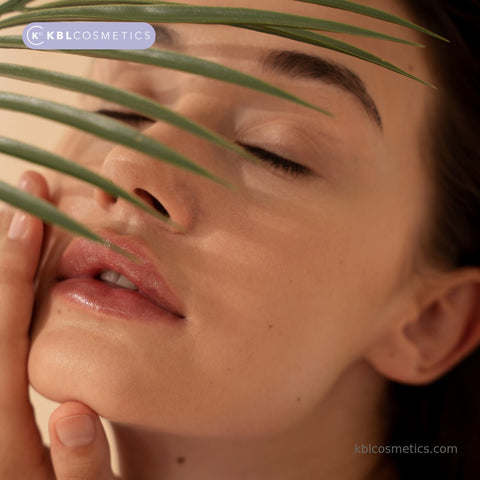Developing natural cosmetics formulation that remain safe and effective over time requires careful selection of natural ingredients, attention to cosmetic chemistry, and a clear understanding of microbiological testing. Whether you're working on skincare products, haircare products, beauty products or natural skincare products, the challenge is similar: avoid synthetic preservatives while ensuring shelf life.
Understanding natural preservatives and formulation basics
Natural preservatives and plant based antimicrobials such as essential oils, botanical extracts, polyhydroxy acids and alpha-hydroxy acids can help prevent microbial growth. Popular options include rosemary extract, tea tree oil, jojoba oil, coconut oil, shea butter and cocoa butter. Using the correct pH adjusters and keeping microbiological testing in mind ensures that cosmetic formulations remain safe. Learning cosmetic formulator techniques or pursuing self education in formulating with natural surfactants, cosmetic chemistry and lab skills tutorials can be valuable.
Key strategies for preserving natural skincare products
- Lower water activity through humectants like glycerin and honey or by reducing free water
- Adjust pH to levels where most bacteria and mold cannot grow (often between pH 4–5)
- Include active ingredients with antimicrobial properties such as vitamin B3, botanical extracts and herbal extracts
- Use natural preservatives like fermented ingredients, upcycled ingredients or marine ingredients that support preservation
- Consider self-preserving cosmetics design, with ingredients like polyhydroxy acids, approved natural ingredients and titanium dioxide for color cosmetics formulas
Choosing the right natural and clean beauty ingredients
When creating organic formulation or natural formulation products—whether it's face wash, micellar water, cleansing cream, make up remover, face and body scrub, brightening face serum or anti-aging face serum—experience with cosmetic manufacturing matters. Botanical lotions and hair oils require different viscosity and stability. Learning from educational resources such as formulation books, formulation databases, or ingredient labels helps indie beauty entrepreneurship and niche markets navigate cosmetic ingredients and INCI name standards.
Packaging, shelf life, and microbiological control
Effective packaging reduces contamination risk. Air-free containers help maintain natural formulation integrity. Scheduling regular microbiological testing during product formulation ensures shelf life and safety. Distilling hydrosols or sourcing them from reliable suppliers adds another layer of natural preservation. Understanding pH color changes and monitoring active ingredients over time supports organic skincare standards.
From formulation to entrepreneurship
As a cosmetic chemist or cosmetic formulator, mastering product formulation for color cosmetics formulas, hair care formulations or botanical skincare ingredients opens opportunities in green beauty and natural product markets. Whether you're building a hair oils line, a lip balm recipe or a full cosmetic manufacturing process, understanding shelf life, microbiological testing, surfactants and raw ingredients.
Please contact us to learn how we can help you bring your natural cosmetics vision to life.
